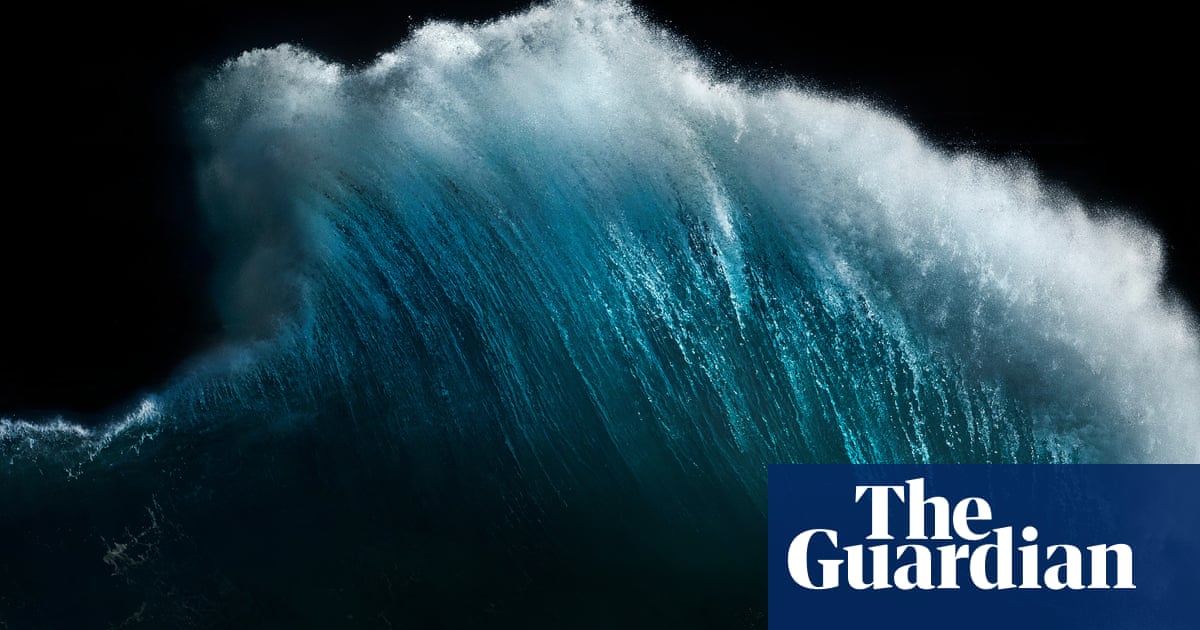Britain is facing a future of increasingly catastrophic marine heatwaves that could destroy shellfish colonies and fisheries and have devastating impacts on communities around the coast of the UK.
That is the stark conclusion of a new report by the National Oceanography Centre (NOC), based in Southampton, which is pressing for the launch of a targeted research programme as a matter of urgency to investigate how sudden temperature rises in coastal seawater could affect marine habitats and seafood production in the UK.
Across the planet marine heatwaves are becoming more frequent and intense as rising fossil fuel emissions force up atmospheric temperatures across the globe, causing the sea to warm.
These events not only disrupt shellfish colonies and fisheries, but also cause the bleaching of coral reefs, the spread of harmful algal blooms, the destruction of seagrass meadows, and mass mortality of fish, seabirds and marine mammals.
“Marine heatwaves have catastrophic impacts and we need to be prepared for them. At present, we are not and that position needs to be rectified as a matter of urgency,” said Dr Zoe Jacobs, the lead author of the NOC report, Marine heatwaves and cold spells in the Northeast Atlantic: what should the UK be prepared for?
“We need to know how these marine heatwaves are going to affect plants and animals that live in the sea and find ways to protect them, as well as the coastal communities that depend on them.”

In early summer 2023 Britain was engulfed in a marine heatwave in which major rises in the temperature of sea water were experienced off the north-east coast of England and off the west of Ireland. For more than two weeks, the sea in these regions was around five degrees above normal temperatures, smashing records for late spring and early summer. The Met Office reported that the North Sea and north Atlantic experienced higher temperatures at the same time, with sea temperatures reaching an all-time high, according to records that date back to 1850.
As global temperature continues to soar, scientists believe it is inevitable that many more of these record-breaking heatwaves will affect water around Britain and Ireland in the near future, with the report by the NOC highlighting three main areas of concern.
One is in the Irish Sea between England and Ireland, one is in the North Sea off northern England and Scotland, and the last is off the coast of south-east England. “These regions are areas where marine heatwaves can coincide with extremely low oxygen concentrations in the water, which makes them especially vulnerable. It’s like a double whammy. They get the extreme heat stress and extremely low oxygen levels at the same time. And that is going to cause serious trouble for any creatures or plants that are living there.”
The problem for researchers and marine conservationists is that the long-term consequences of such jumps in temperature are still unknown, added Jacobs. “There have been stories that there were widespread die-offs of shellfish such as whelks, and disruption to many fisheries during last year’s heatwave, but there is no hard evidence to back up these because we have not carried out any detailed research into the exact effects, and that is a problem.
“Global temperatures are rising and we are going to experience more and more marine heatwaves as a result. These are already having catastrophic impacts in other parts of the world, for instance in waters off Australia and other regions where fisheries have had to be closed and hectares of seagrass have been wiped out. We need to be able to pinpoint our most vulnerable regions and monitor them very closely.”
after newsletter promotion
A key example is provided by seagrass, which form vast meadows around the shores of the UK where they absorb high levels of carbon and provide homes for hundreds of different species of marine creatures. These have been depleted in the past and a major restoration programme is now under way.
“However, we do not know what will happen to that programme if marine heatwaves start to kill off seagrass again,” added Jacobs. “We need to understand how this will happen and investigate now to find out if there are strains that are more resilient than others and concentrate on planting these.
“At the same time, we may need to be prepared to close down fisheries at certain times or impose quotas to protect them as heatwaves start to strike. These are the kinds of actions that have had to be imposed in other parts of the world and we may have to follow suit.”

 3 months ago
50
3 months ago
50













































